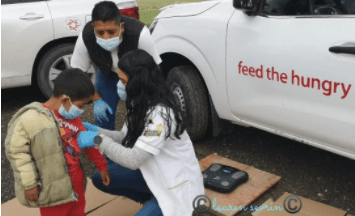
Feed the Hungry’s licensed nutritionists play an invaluable role in support of our mission. One of their many responsibilities is to visit each community where we operate a school kitchen, to assess the wellness of the children that receive our meals.
Typically, height and weight measurements are taken and recorded at the beginning and end of each school year, so that we have comparable populations.
These health assessments serve three purposes:
- The process measures the effect of FTH’s food program. For example, in the first year providing meals at the Nueva Pantoja kinder (preschool), we were able to confirm that the percentage of children at normal fitness increased from 39% to 53%.
- The measuring process enables the nutritionists to look for other signs of malnutrition in the children, such as listlessness, lack of pigment in the hair, white spots on the skin, and fragile nails. These conditions are evidence of protein, vitamin, and mineral deficiencies. They then offer counseling to families with the most severe cases.
- The data helps us determine which nutrition workshops are needed in each community. For example, we serve 8 communities in which over 50% of the children are underweight. Their average overweight percentage is 8.6%. Yet in 8 other communities, over 25% of the children are overweight, even though almost 30% (on average) are also underweight.
This discrepancy underscores the fact that kids who are not hungry can still be malnourished. Undernutrition does not only refer to underweight; the index of children and adolescents with overweight and obesity in Mexico is one of the largest in the world.
Cases of obesity and overweight are largely due to excessive consumption of tortillas to excessive consumption of tortillas to compensate for the lack of nutritious foods,
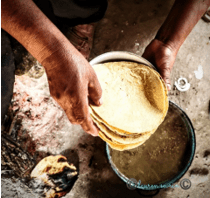
and consumption of soft drinks. This is a very big problem in many communities where families consume sodas instead of water. In some cases, sodas are more available than uncontaminated drinking water. Too often, access to fresh produce and lean meat is lacking, yet there are shops stocked with junk food.
Feed the Hungry’s nutrition workshops and cooking classes for mothers are designed to help them learn the importance of balanced meals. Even during the pandemic, hundreds of workshops were safely conducted, outdoors, in the communities. Recipes are provided for tasty, healthy, inexpensive meals. Hibiscus tea and tamarind are now added to food bags so that mothers can make drinks using healthy sweeteners.
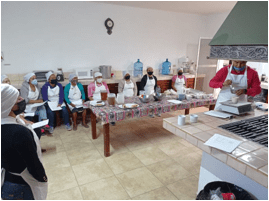
Assessing Mothers, Infants, and Preschoolers
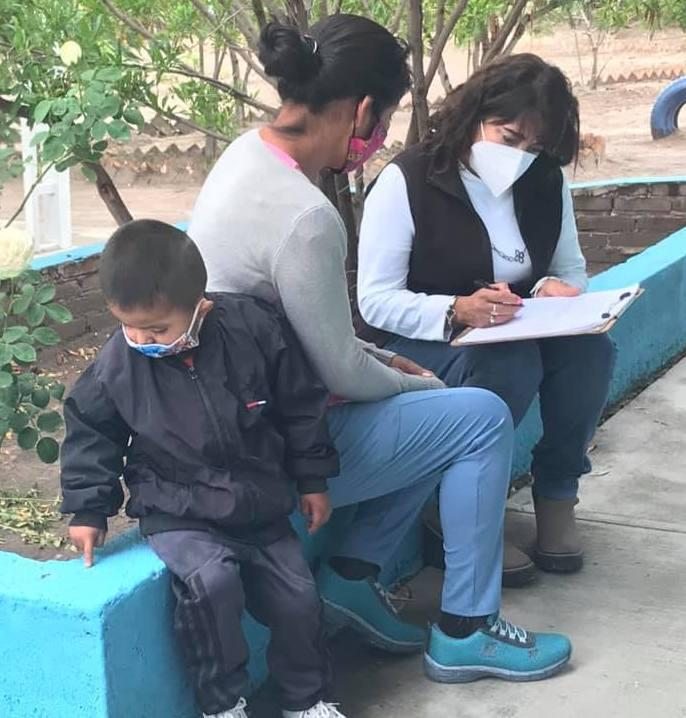
n communities participating in our Early Childhood Nutrition Program, measurements are made of the children from 6 months to 3 years of age, as well as their mothers.
The following measurements are taken for mothers: weight, height, and wrist, arm, and hip circumference.
This is used to determine their BMI (body mass index) to determine if there is cardiovascular risk.
The children are assessed for weight, height, and head circumference. Arm circumference is measured to determine risk of malnutrition, based on indices weight for height, weight for age, and height for age.
Re-establishing Baselines of Student Health
Our plan is to resume the health assessments of students in kinder and primary schools when schools reopen. After more than a year of school closures, the students who will be measured will not be the same children as the previous groups, so we will need to start over with establishing baseline measurements. This will require training and coordination of volunteers to assist our staff nutritionists and interns.
FTH nutritionists are skilled in working directly with the children in a calm and compassionate manner, while also making it a fun experience for the little ones. Volunteers will help by recording the measurements taken by the nutritionists and entering the information into our database.
The resulting nutrition reports not only help us gauge the success of the school meals programs and provide insight into areas of concern within each community. They also give our donors a chance to see the results of their generosity, and perhaps become inspired to sponsor a school kitchen through our Kitchen Angels program.

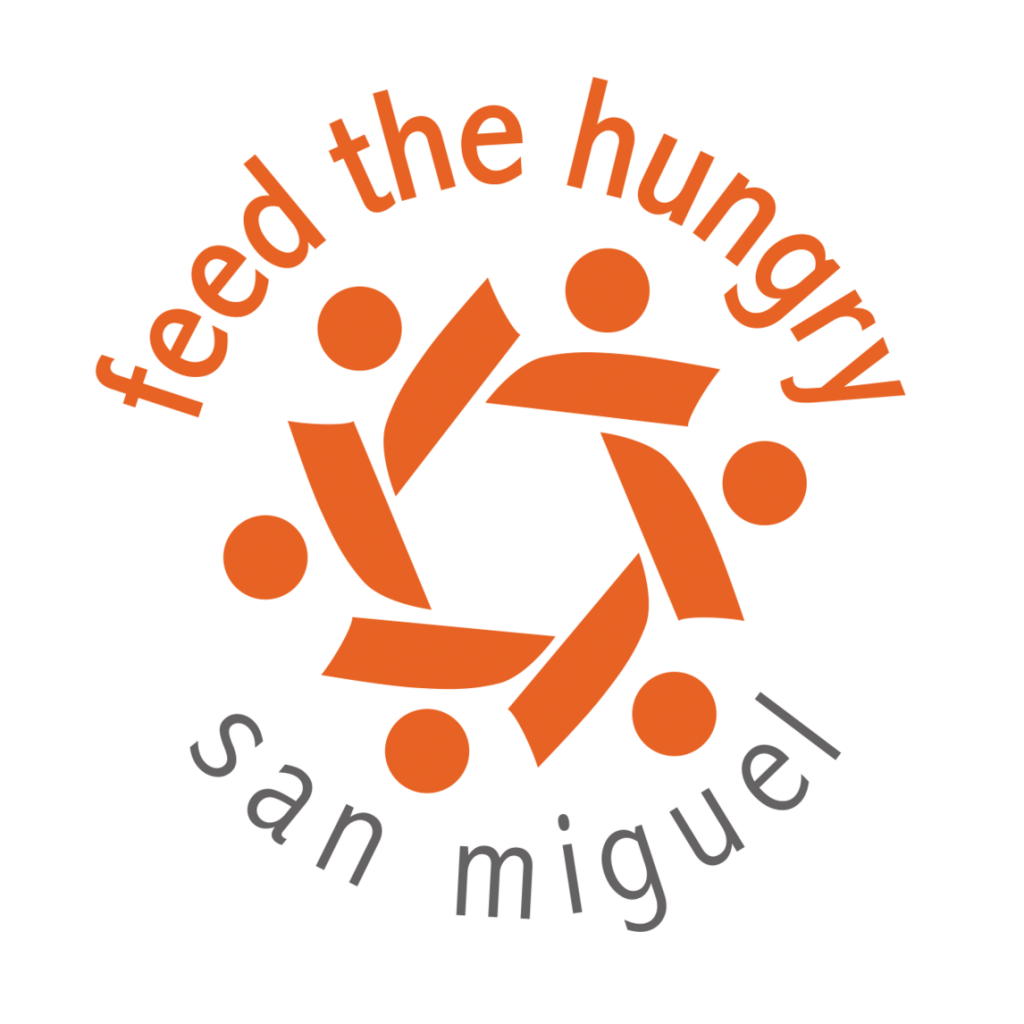

Thank you for highlighting the importance of children’s health assessments. As a parent, I know how crucial it is to ensure that my child is healthy and happy. Regular health assessments can help detect potential health issues early on, which can prevent more serious problems down the line. I also appreciate that your organization is working to provide these assessments to children in need. Every child deserves access to quality healthcare, regardless of their background or circumstances. Keep up the good work!